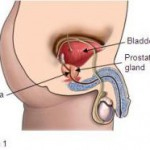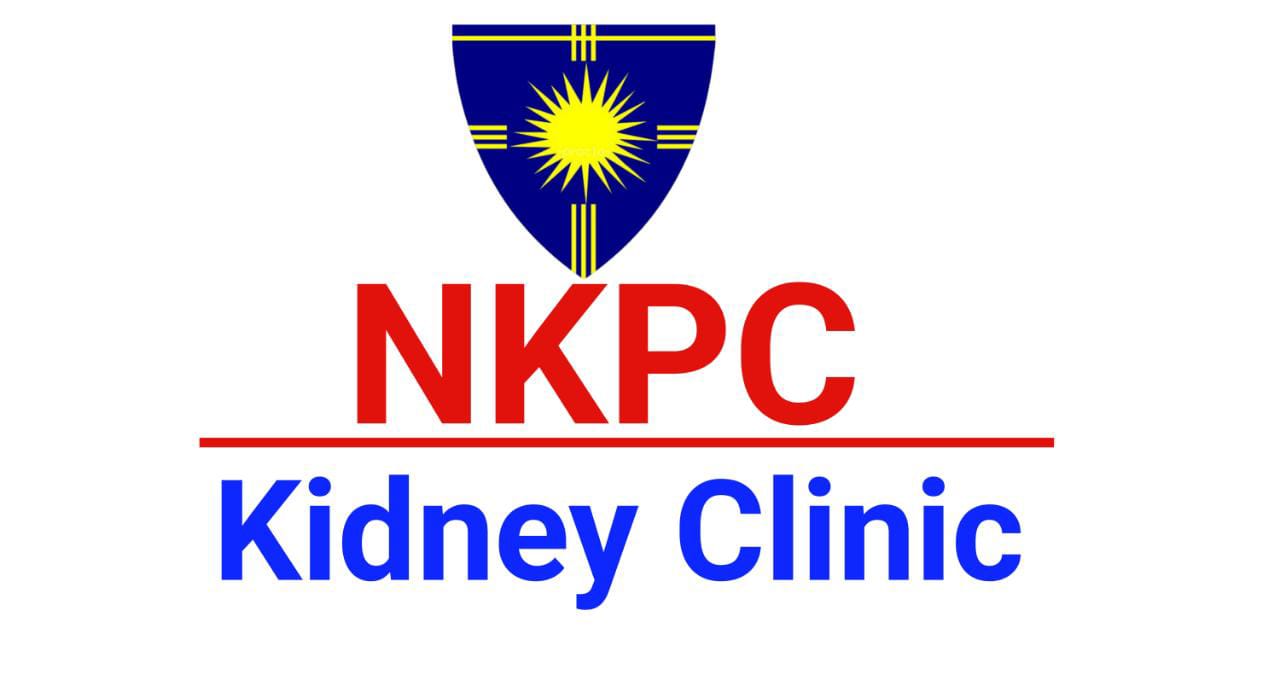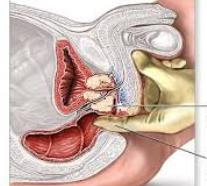Medical Management
About Our Chief URO Surgeon DR.AVISHEK MUKHERJEE
Dr.Avishek Mukherjee has a vast experience in treating benign prostate diseases . He has treated 10000 such patients. These patients have received medical and surgical treatment . Surgery include TURP & the LASER HOLEP .
ANATOMY AND PATHO-PHYSIOLOGY OF THE PROSTATE
Prostate gland is located below the bladder only in males and it is the approximate counterpart of the uterus in females. Prostate is a reproductive organ which produces the seminal fluid needed for sperm survival and reproduction. Therefore the prostate has its biological utility only during the reproductive phase of an individual. However with advancing age the prostate enlarges in all males. Once the prostate increases in size it obstructs the outflow channel of the bladder. Therefore the patient develops symptoms.

COMMON SYMPTOMS OF PROSTATIC DISEASE?
Once the prostate starts enlarging the first symptom very often is frequency of urination, the patient also encounters a difficulty in holding urine once the urge to pass urine develops. Later the urine flow reduces and the patient feels the need to strain to pass urine and also after urination feels that the bladder is not yet completely empty.
PATIENT EVALUATION PROTOCOL
Once patient has these symptoms the patient must be evaluated by a uro-surgeon. The uro-surgeon examines the patient and then generally advises a few simple and easily performed tests to assess the extent of the disease. These tests include a urine routine examination, along with an ultrasonographic evaluation and an uroflowmetry. The patients random blood sugar, creatinine level and prostate specific antigen the PSA level are also routinely checked in all cases as a protocol.
MEDICAL MANAGEMENT OF PROSTATIC ENLARGEMENT?
In cases with mild obstruction the patient is advised for medical management of the disease. If the prostate is smaller than 40gm, uroflow is more than 15ml/sec and residual urine is less than 100ml, then the patient is well served by medical management. These medications are typically alpha blockers, which are related to medicines used to control the blood pressure. These medicines relax the bladder outlet and therefore allow the patients to pass urine more easily. These medications are typically designed for long term usage and therefore have to be continued indefinitely in cases found beneficial by the patient. However in those cases where the obstruction is more severe or the patient does not get benefit from medical management the patient is then transferred to microsurgical therapy.
INVESTIGATION OF PROSTATE GLAND
WHAT IS PSA?
Prostate specific antigen is a protein secreted by the prostate gland. This protein is a part of the male seminal secretion. When the prostate is inflamed or damaged by malignancy then the level of PSA in the serum of the patient increases. Therefore the PSA is an important marker for prostatic health today.
WHAT IS THE NORMAL RANGE FOR PSA?
PSA is normally less than 4ng/ml,however in most patients with healthy prostate the PSA levels are much lower. Whenever the PSA level rises it must be correlated with the size of the prostate, the presence of infection, the amount of retained urine , and the physical examination of the prostate.

WHAT ARE THE USUAL REASONS FOR INCREASE OF PSA VALUE IN THE SERUM?
PSA increases proportionately to the size of a benign prostate, therefore in general, larger prostatic volume also means larger value for the PSA. The PSA also increases with the volume of the retained urine in the bladder. Both inflammation and malignancy can significantly increase the PSA, therefore if the PSA is increased above the expected normal level for a patient, then the uro-surgeon generally advises a course of medication like tamsulosin with nitrofurantoin. If the PSA elevation is due to inflammation then the value reverts towards the normal, while in patients with invasive tumours the PSA value keeps increasing.
WHAT IS THE COURSE OF ACTION WHEN THE PSA IS ELEVATED, EVEN AFTER MEDICINES ARE ADMINISTERED FOR TWO WEEKS?
If after two week of such medicines the PSA is still elevated then the surgeon advises trans-rectal tru-cut sampling of the prostate to rule out the presence of malignancy in the prostate. Since if the malignancy is detected in the early stage then it is completely treatable by radical prostatic surgery.


